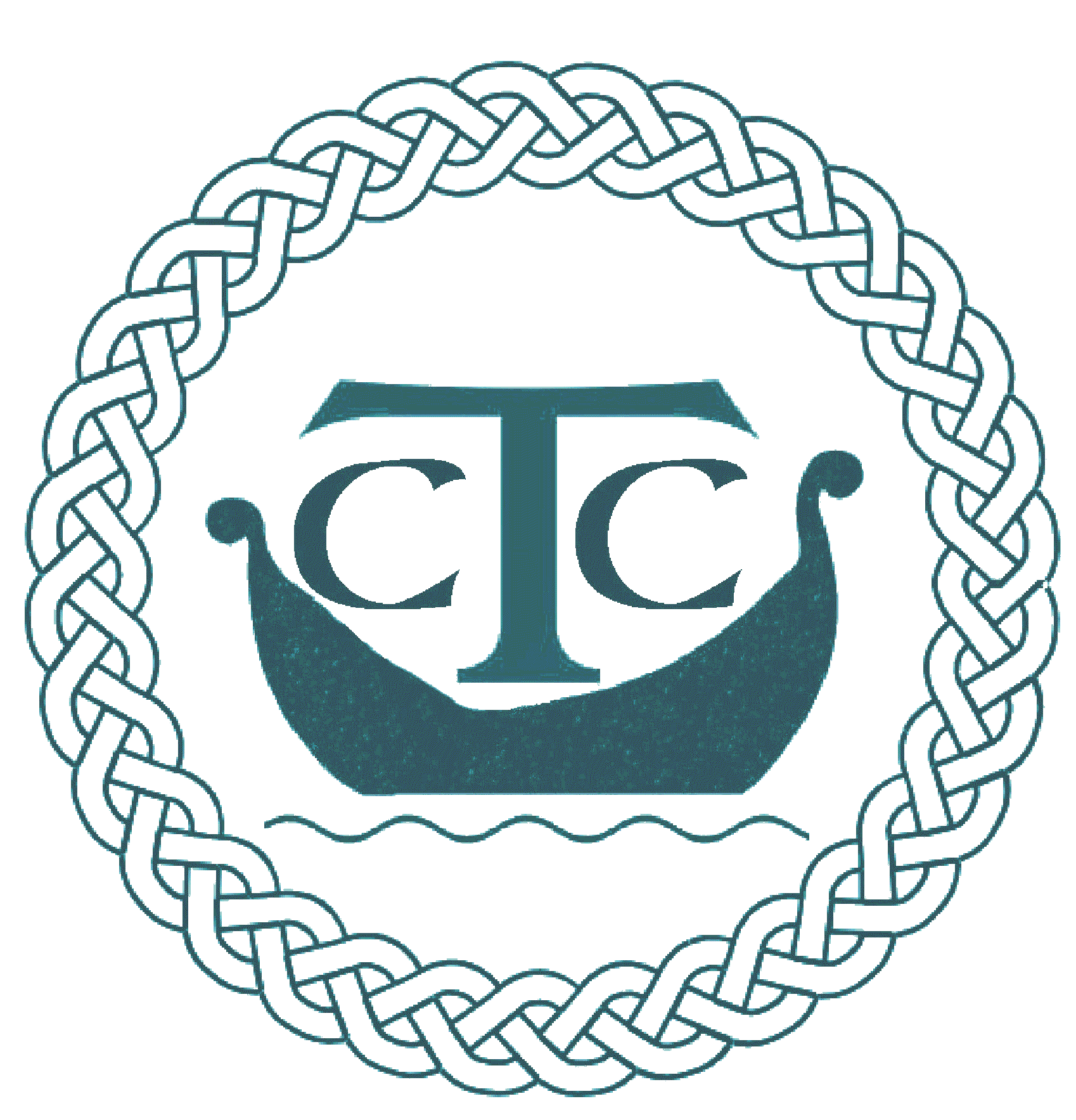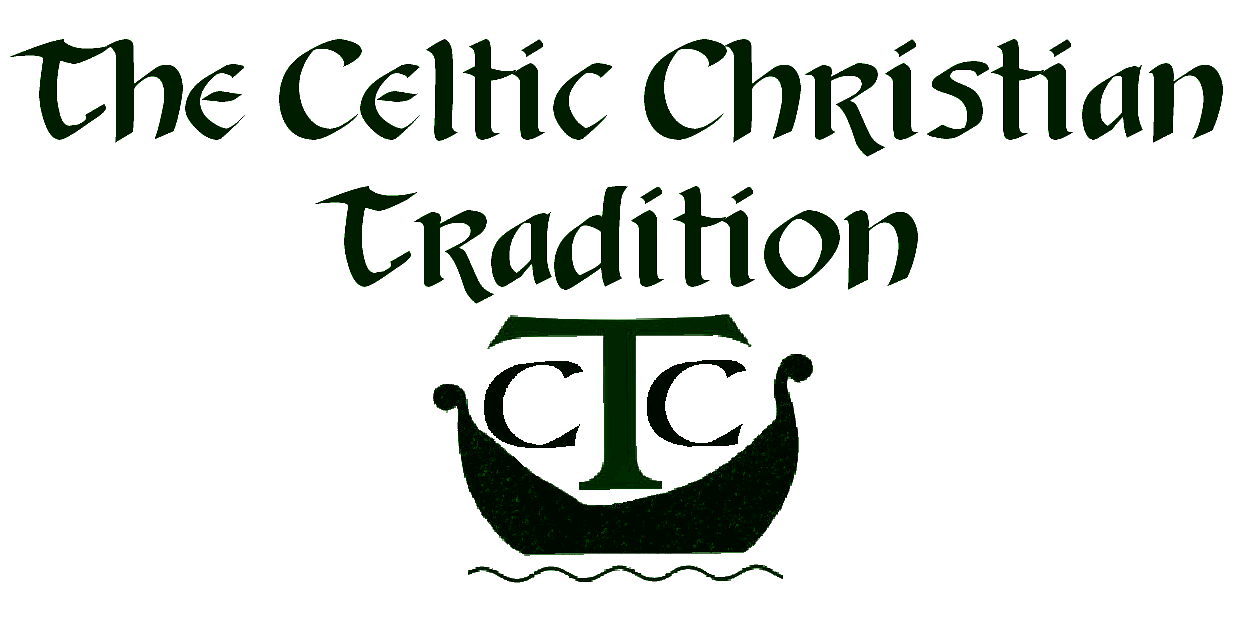

About The Celtic Christian Tradition
The CCT is an informal, ecumenical organization that was set up to provide a platform for discussion and means of communication for those interested in Celtic Christianity. It is set up to provide fellowship and to allow for the dissemination of information concerning Celtic Christian spirituality, history and the Gospels. This page is new. Our main platform for 11 years has been Facebook but we are now expanding and will be offering goods for sale, resources such as prayers, photos and more. We also now have a blog on this website. TCCT is not a for profit organization but we are not registered as one so donations are not tax deductible. The CCT is not a registered charity. As we grow we may register but for now we remain informal. Our hopes are that we can offer spiritual tours and pilgrimages and other things as we grow.
When we look at the world around us, with its many serious problems, including poverty, injustice, war, and environmental degradation, it is all too easy to become angry and frustrated or even despondent and apathetic. These responses are not effective at bringing about change, they have become part of the problem . In order to bring about positive change in the world we need not only seek engagement with the outer world, but also engagement with our inner world. If we want to see greater awareness in the world, we have to cultivate awareness. If we want to see greater harmony and less strife we need to learn to become more adept at handling our emotions and learn to respond to frustrations with more patience and kindness.
TCCT on Facebook is a virtual magazine concerning all things to do with Celtic Christianity and related topics. Celtic or Insular Christianity is not a actual church so much as an outlook. Our organization promotes and supports the culture associated with ancient and modern Celtic Christian Ideas and culture. Respect for the Earth and nature is an integral part of Celtic Christianity. We sell handmade Celtic jewelry created by us to raise funds to support our efforts on Facebook and our main website. We do not have a physical plant where people can shop in person or visit us. We do not sell or share information about our subscribers or readers. We are a family run organization and are located in western New York, USA.

He who tramples on the world tramples on himself. ~ St. Columba
Celtic Christians are known for their burning and evangelical love for the Bible. Also they are known to seek a depth of spiritual life and stillness … a radical commitment to the poor and to God's creation and a deep respect for learning. Celtic Christianity is often called Insular Christianity and it evolved on its own without the heavy influence of Rome. It might more accurately be called a unique Christian outlook rather than a whole other faith, however. Celtic Christianity is one school within the whole of Christendom.
Early Insular Christianity is a term used to cover Christianity in Great Britain and Ireland during the post-Roman period. It splits into two strands:
There is Celtic Christianity (5th to 8th centuries), the Christianity surviving from the Roman period in the Celtic areas of Britain and Ireland (e.g. Ireland, Wales, Scotland) and spread to parts of Anglo-Saxon England by the Hiberno-Scottish mission
Also there is Anglo-Saxon Christianity (7th to 11th centuries), the Christianity imported from Rome by Augustine of Canterbury in 597.
The Synod of Whitby of 664 forms a significant watershed in that King Oswiu of Northumbria decided to follow Roman rather than Celtic practices, but the two rites co-existed for another century, Wales observing the Celtic Easter date until 768. The Anglo-Saxon mission in the 7th to 8th centuries spread Christianity to the Continent, as had the earlier Celtic missions.


